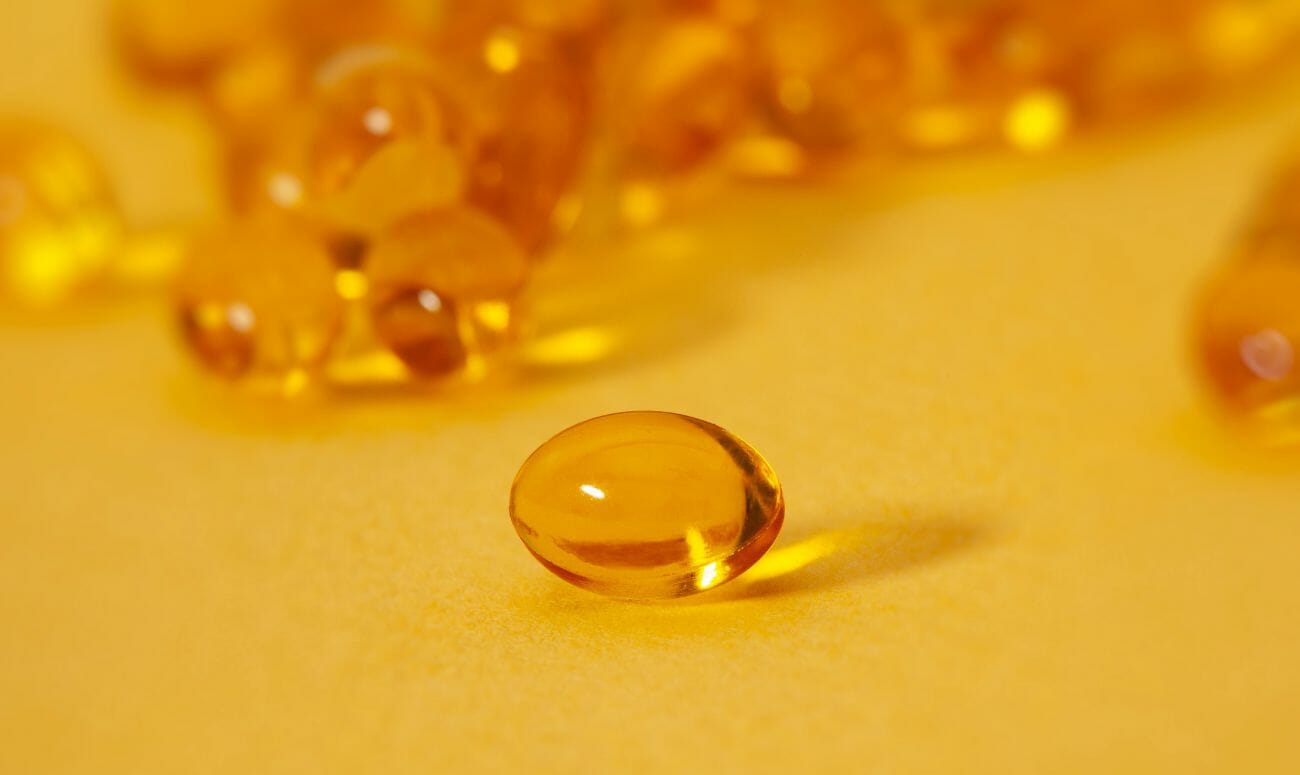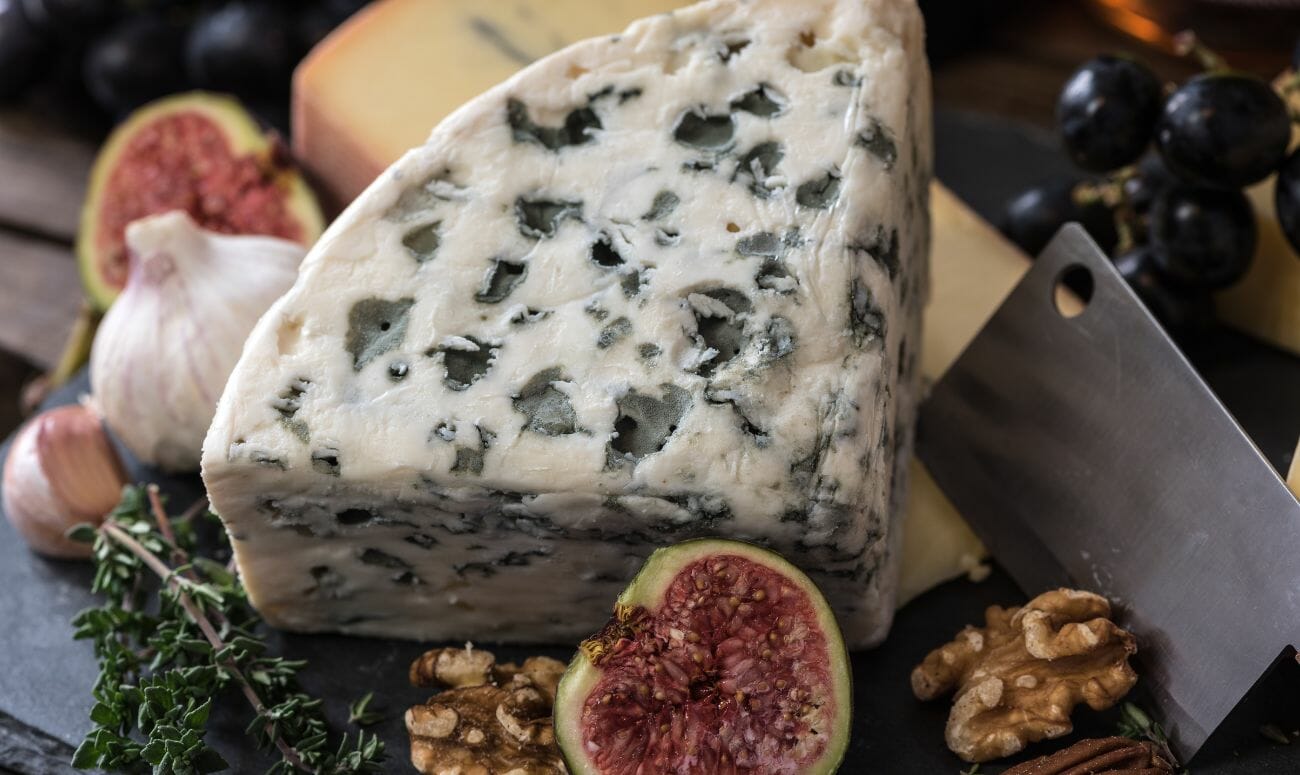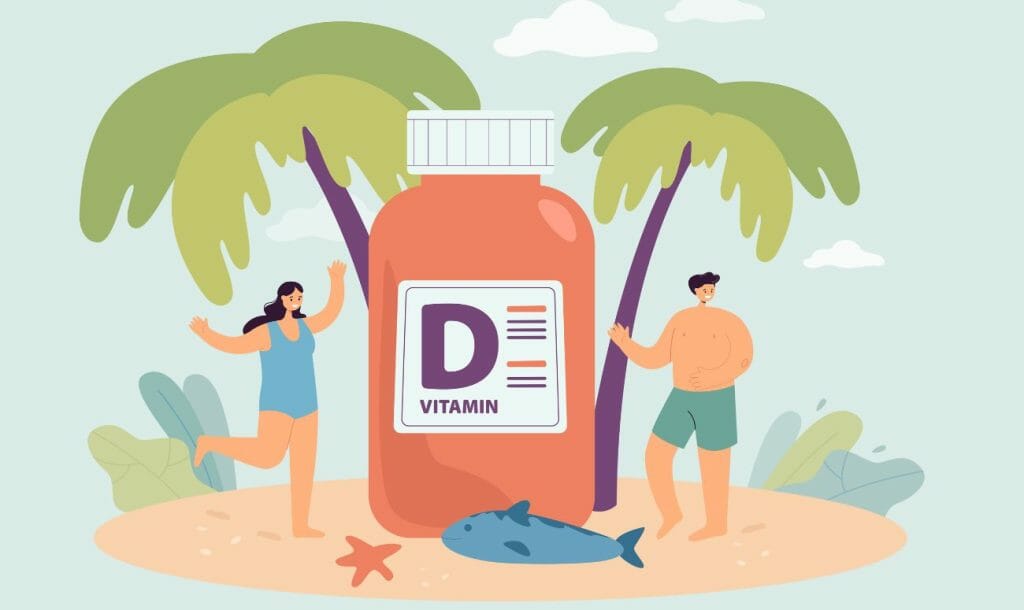During winters, when days get shorter and we spend less time outside, we get prone to infections and diseases. Among other factors, low amounts of Vitamin D are to blame for this. Its most notable role is to help our body absorb phosphorus and calcium. That’s why it is important to ensure that people intake D-rich supplements to maintain the health of their bodies. Even though India gets surplus sun, the deficiency prevails in epidemic proportions all over India, with a prevalence of 70% in the general population.
How It Affects Our Body
A deficiency in Vitamin D can contribute to fatigue, pain, depression, and muscle weakness. Lower levels are also a risk factor for cardiovascular diseases, and research suggests that Vitamin D can play a major role in the prevention of several different diseases, like type 1 and type 2 diabetes. Though the symptoms are subtle, too little of the vitamin can pose health risks.

Things Vitamin D Can Be Beneficial For
It is often referred to as the “sunshine vitamin” because our bodies can make it when exposed to ultraviolet light. There’s also no secret in knowing that it is an essential nutrient, best known for its role in maintaining bone health and immune function while also potentially lowering the risk of cancer, depression, heart failure, and other deadly diseases.
We can gain Vitamin D from food, but our bodies also produce it as a hormone. It promotes healthy growth and development, maintains cell and organ function, and fortifies the immune system. Increased sun exposure, a D-rich diet, and/or supplementation are all ways to raise your D levels.
11 Foods Rich In Vitamin D
1. Milk
You can make custards and puddings as one cup of milk can contain up to 120 IU. In several countries, cow’s milk is also fortified with Vitamin D.
2. Mushroom
As a primary source for vegetarians, you can add some mushrooms to your curry. However, only wild mushrooms or mushrooms treated with UV light are good sources of Vitamin D.
3. Cheese
Ricotta cheese is the highest natural source of D in cheese with 25 IUs of the nutrient, which you can use in your pizza as a healthy alternative.

4. Tofu
Add it to your salad as it is a great source of iron, protein, and calcium. 100 grams of fortified tofu contains 100 IU of Vitamin D.
5. Yogurt
Both dairy and non-dairy yogurts are fortified with Vitamin D, having 2 to 3 mg per serving. Stir a spoonful of quinoa into yoghurt with nuts or fruits to make a healthy bowl.
6. Oatmeal
One packet can contain up to 154 IU of Vitamin D. The easiest way to have oats is with some milk, fresh fruits, and nuts.
7. Oranges
Orange juice is a healthy alternative as it is fortified with Vitamin D as well as calcium.

8. Margarine
This holiday season, add margarine to your biscuits and cookies, which will make them crispier and tastier as it is rich in Vitamins A and D while being low in saturated fat.
9. Rice milk
It can be added to smoothies or shakes to boost calcium and D levels.
10. Cereal
The best option for a nutrient-rich breakfast and can be served with other unprocessed foods such as yogurt, milk, or nuts.
Finally, Sunshine
Being the biggest source, sunshine aids in the maintenance of blood levels and the health of bones and teeth. To stay healthy, try to sit under the sun for at least 10-20 minutes daily.
Like & Follow ThinkRight.me on Facebook, Instagram, Twitter, Pinterest and Telegram to stay connected.






























